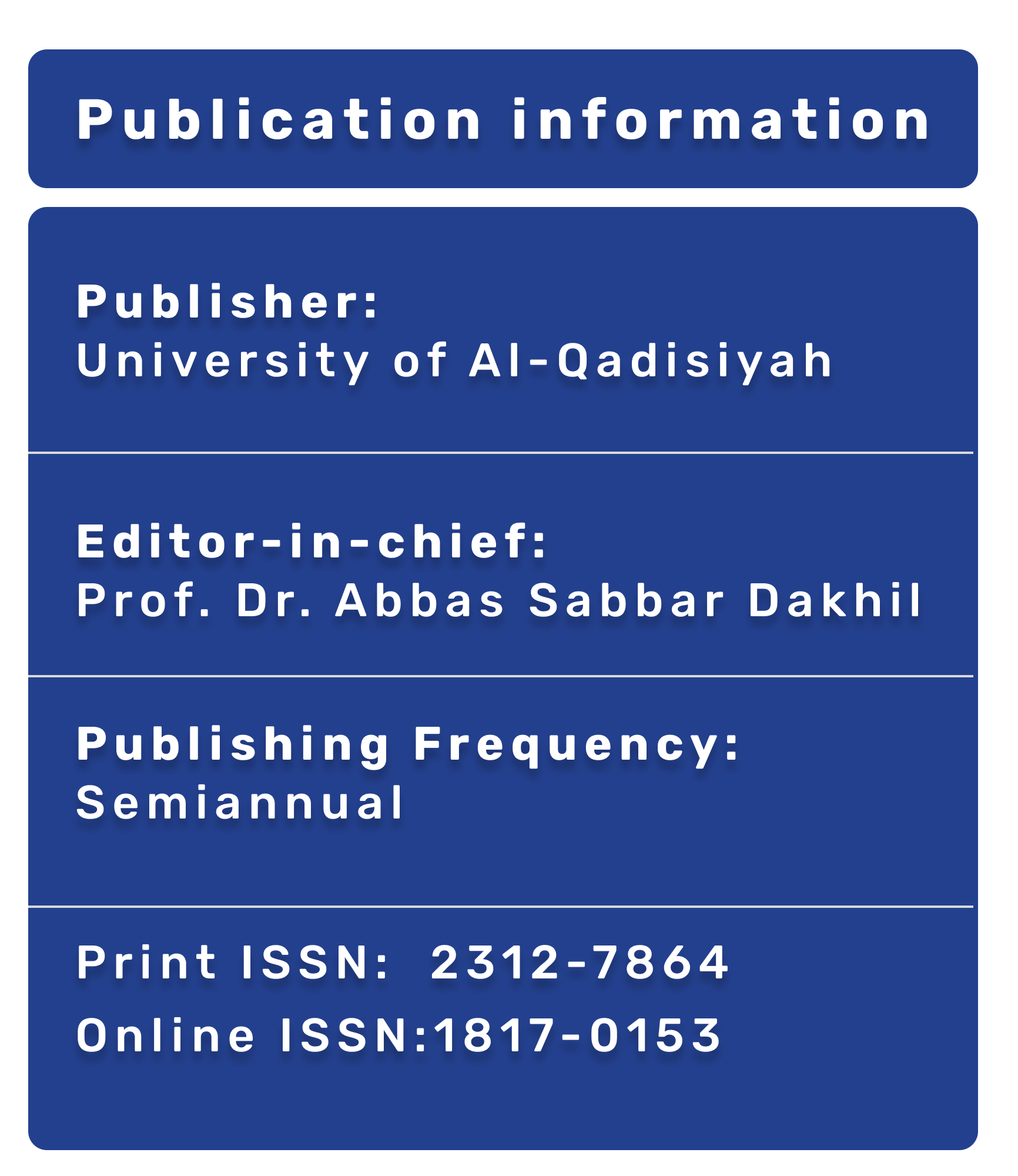Clinco-Biochemical Profile Of Neonatal Seizures
DOI:
https://doi.org/10.28922/qmj.2010.6.10.161-174الملخص
Background: Neonatal seizures are the most prominent feature of neurological dysfunction during neonatal period. Neonatal seizures occur within the first 4 weeks of life in a full-term infant and up to 44 weeks from conception for premature infant. Neonatal seizures are occurring in approximately 1.8 – 3.5 / 1000 live birth.Objectives: To study clinical types, time of onset and to determine the etiology of neonatal seizures.
Methods: Out of eighty eight full term and preterm neonates with seizure at neonatal care unit and general wards of Babylon Gynecology and Pediatrics teaching hospital were studied prospectively in regard to clinco-biochemical profile of neonatal seizures from period 1st of May 2009 to 1st of December 2009.
Results: Eighty eight full term and preterm neonates, (95.4%) of them were term and (4.6%) were preterm. The most common cause of neonatal convulsion was metabolic disturbances collectively constitute (47.7%).The other causes were asphyxia (15.4%),meningitis (6.6%),structural abnormalities (4.4%) and unknown cause (27.2%). Tonic type occurred in (100%) of preterm patients while in term patients, (31.8â„…) of them were subtle type ,followed by tonic type (24.3â„…) , focal clonic (16.2â„…),generalized tonic clonic (11.3â„…) and multi focal clonic type(11.3â„…). 80â„… of hypoglycemia occurred in male patients.
Conclusions: The commonest cause of seizure was metabolic abnormalities. Subtle seizures were the commonest type of seizure observed in term babies and tonic seizures were the most commonest type in preterm babies in this study
Recommendations: Metabolic abnormalities should be excluded in every case of neonatal seizure. Improving of thelaboratory services and the availability of other investigations must be available. Proper fetal monitoring during labor is recommended to avoid birth asphyxia .








